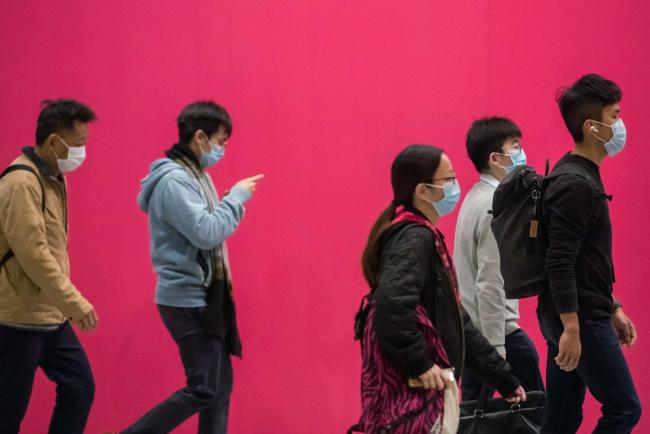(Bloomberg) -- Citigroup Inc (NYSE:C). slashed its oil forecasts for the first three quarters of this year as it said the impact of the coronavirus on global crude markets looks much worse than it initially thought.
The bank cut its first-quarter Brent oil estimate to $54 a barrel from $69, noting the outbreak had “drastically shifted” the Chinese and global economic outlook, analysts including Ed Morse, wrote in a note. Reductions in projections for the following two quarters are based on its view the virus will have a longer and deeper impact than previously anticipated.
Chinese government measures amount to a “major shutdown of the economy,” Morse, the global head of commodities research, said in the note. Even with a deeper OPEC+ production cut, it will drive weaker oil balances, he said.
Oil demand in the world’s biggest importer has dropped by around 3 million barrels a day, or 20% of total consumption, according to people with inside knowledge of the country’s energy industry. The Wuhan virus looks set to be the biggest demand shock for oil markets since the global financial crisis more than a decade ago, with OPEC+ considering an emergency meeting.
Citi cut its second-quarter crude forecast to $50 a barrel from $68 and its estimate for the following three months to $53 from $63. It revised up its fourth-quarter projection to $58 a barrel from $57.
Brent, the global crude benchmark, has fallen 13% since Jan. 20, when financial markets first took notice of the magnitude of the crisis in China. It was trading around $56 a barrel on Monday.
See also: Commodity Prices Collapse in China as Demand Fears Spook Market
The bank said it sees Chinese passenger and freight traffic falling by about 70% for two or more weeks, followed by a gradual recovery. Due to the much larger size of China’s economy compared with during the SARS outbreak in 2003, there could be a 1-million-barrel a day demand hit in the first quarter, it said.
Timing-wise, the impact of the demand shock on commodity prices should peak in the first quarter, the analysts wrote. Although, “there remains plenty of uncertainty, with much still depending on how far the virus spreads and the duration of the outbreak,” they said.
